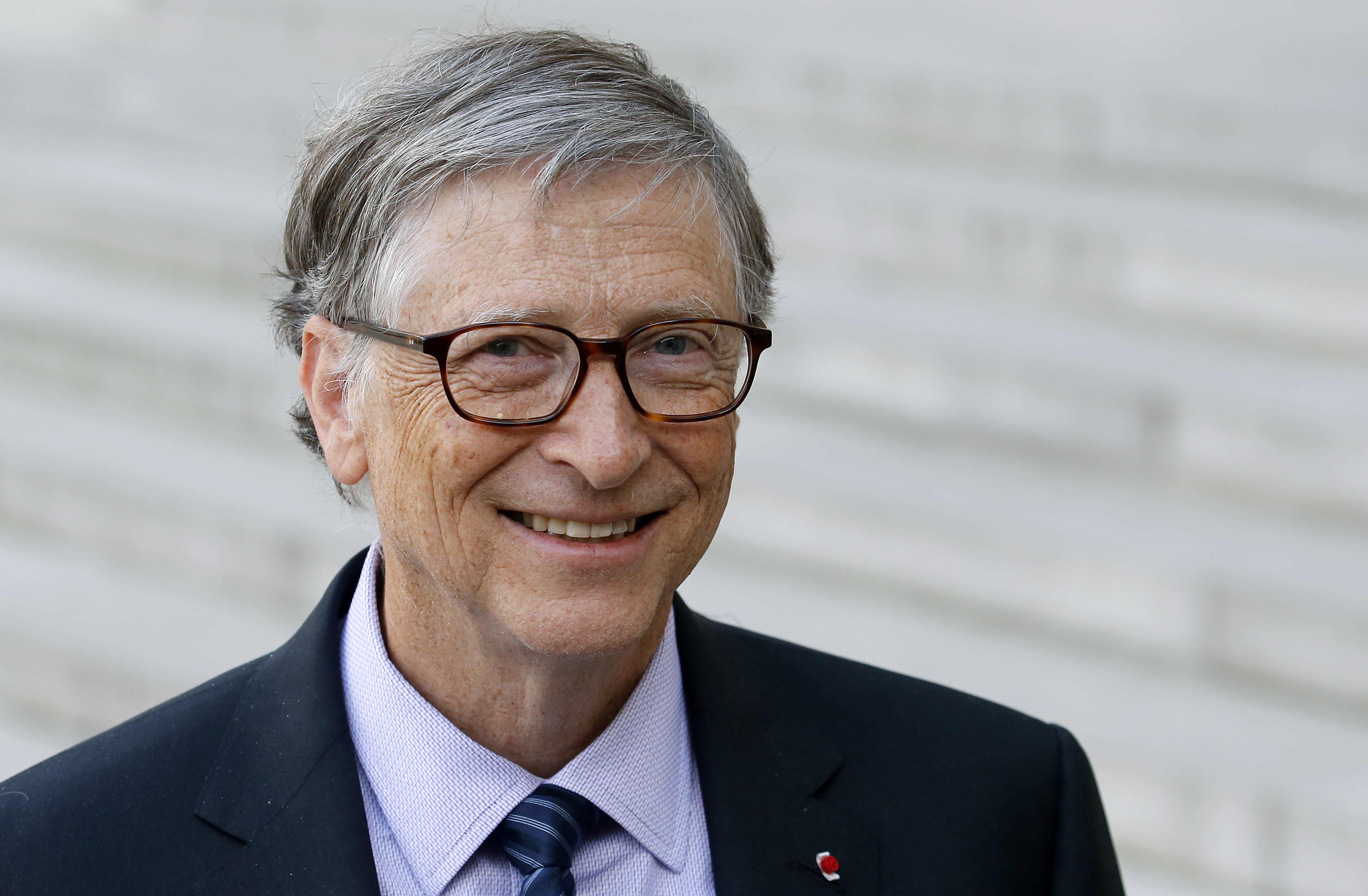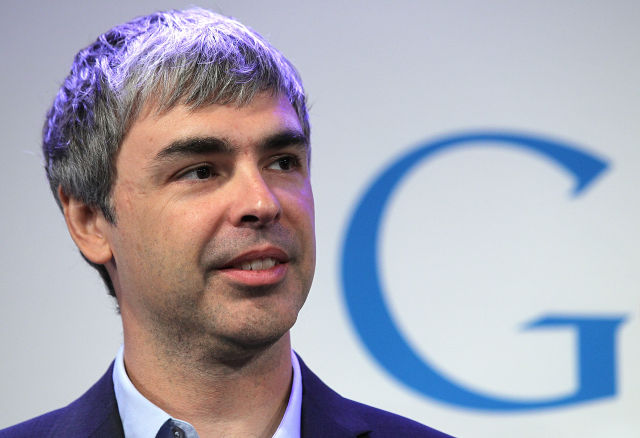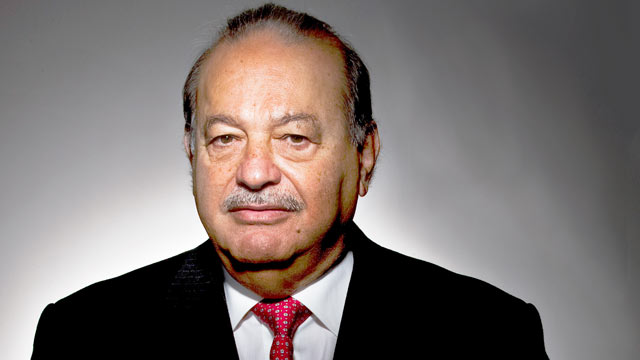
Introduction to the World’s Billionaires
Wealth accumulation has long been a subject of intrigue, marked by its complexities and multifaceted nature. Over the years, the methods and avenues to amassing significant wealth have evolved, mirroring the dynamic shifts in the global economy. Today’s billionaires are often celebrated as much for their entrepreneurial spirit and business acumen as they are for their staggering bank accounts. Factors such as innovation, strategic risk-taking, and in some cases, inheritance, play pivotal roles in propelling individuals to the ranks of the world’s richest.
Historically, wealth was often concentrated in the hands of those who inherited it from preceding generations. However, the landscape has dramatically transformed, particularly with the advent of the digital age. The technology sector, with its boundless potential for innovation, has emerged as a primary driver of new wealth. Titans of tech companies dominate rich lists, riding the wave of revolutionary products, services, and platforms that reshape how we live and work.
Beyond technology, the finance industry remains a steadfast generator of wealth. Financial markets, investment banking, and hedge funds offer expansive opportunities for significant fiscal gains. Likewise, the real estate industry continues to be a cornerstone for wealth accumulation, with property ownership and development standing as time-tested routes to financial prosperity.
Entrepreneurship acts as a common thread among many of today’s billionaires. These individuals often exhibit a blend of creativity, determination, and vision, allowing them to identify and capitalize on emerging trends ahead of their peers. The stories of the wealthiest people in the world are, invariably, tales of relentless pursuit of excellence and strategic foresight.
As we delve into the profiles of the top 10 richest people in 2024, we will see how the dynamism and competitiveness of global markets continue to shape the lives and fortunes of these remarkable individuals. Their journeys not only reflect personal achievement but also underscore broader economic and societal trends that influence wealth generation worldwide.
Profiles of the Top 10 Richest People in 2024
The list of the wealthiest individuals in 2024 features some familiar names as well as impressive new entrants. Their formidable net worths reflect their prowess in a variety of industries, including technology, retail, and finance. Here, we provide detailed profiles of these billionaires, focusing on their net worth, primary sources of wealth, and notable achievements.
1. Elon Musk
:max_bytes(150000):strip_icc():format(webp)/GettyImages-1258889149-1f50bb87f9d54dca87813923f12ac94b.jpg)
With a net worth of $290 billion, Elon Musk remains a dominant force in the technology and space industries. As the CEO of Tesla and SpaceX, Musk continues to drive innovation in electric vehicles and space exploration. Recent achievements include the successful deployment of the Starlink satellite network and groundbreaking advancements in autonomous driving technology.
2. Bernard Arnault

Bernard Arnault, with a net worth of $215 billion, is a titan in the luxury goods market. As the chairman and CEO of LVMH Moët Hennessy Louis Vuitton, he has overseen significant growth in the company’s portfolio, including the acquisition of Tiffany & Co. Arnault’s strategic leadership has firmly positioned LVMH as a global luxury leader.
3. Jeff Bezos

Jeff Bezos’s net worth stands at $207 billion, primarily derived from his ownership stake in Amazon. Under his guidance, Amazon has diversified into cloud computing, entertainment, and artificial intelligence. Notably, Bezos’s Blue Origin space venture has also made significant strides, with plans for commercial space travel becoming more tangible each year.
4. Bill Gates

With a net worth of $144 billion, Bill Gates continues to influence the technology sector through his investments and philanthropic efforts. As co-chair of the Bill & Melinda Gates Foundation, Gates has directed substantial resources towards global health initiatives and pandemic response, further solidifying his legacy in both business and philanthropy.
5. Mark Zuckerberg

Mark Zuckerberg, with a net worth of $135 billion, leads the charge in social media and virtual reality. As the CEO of Meta Platforms, formerly Facebook, Zuckerberg is spearheading the development of the metaverse, a virtual world that promises to revolutionize social interactions and commerce.
6. Warren Buffett

Warren Buffett remains a financial icon with a net worth of $128 billion. Through his firm Berkshire Hathaway, Buffett has made astute investments across various industries, securing his reputation as one of the most successful investors of all time. Recent years have seen Buffett’s focus on philanthropy, with significant contributions to healthcare and education.
7. Larry Page

With a net worth of $121 billion, Larry Page is a pivotal figure in the technology industry. As a co-founder of Google, Page’s vision has shaped the modern internet landscape. His ongoing investments in futuristic technologies, including ambitious projects under Alphabet Inc., continue to push the boundaries of innovation.
8. Sergey Brin

Sergey Brin, with a net worth of $119 billion, also co-founded Google and has played a crucial role in its evolution. Now focusing on moonshot projects under Alphabet’s X division, Brin’s contributions to artificial intelligence and biotechnology highlight his commitment to solving some of humanity’s greatest challenges.
9. Mukesh Ambani

Mukesh Ambani’s net worth of $115 billion is primarily attributed to his leadership of Reliance Industries. Diversifying from oil and petrochemicals, Ambani has successfully ventured into telecommunications and retail, transforming Reliance into a formidable conglomerate. Recent expansion in digital services has significantly boosted his financial standing.
10. Carlos Slim Helu

With a net worth of $110 billion, Carlos Slim Helu remains a key figure in telecommunications. Through his conglomerate, Grupo Carso, Slim has diverse interests spanning various sectors, including real estate, media, and finance. His strategic investments and market acumen continue to maintain his status among the world’s wealthiest.
Economic and Social Impact of Wealth Accumulation
The concentration of immense wealth in the hands of a few individuals exerts significant influence on the global economy, shaping economic and social landscapes in profound ways. These billionaires, through their vast financial resources, play pivotal roles in investments and philanthropic initiatives that drive advancements across various sectors. For instance, substantial investments by these wealthy elites have furthered technological innovations and expedited groundbreaking medical research, contributing positively to societal progression. Examples include the funding of vaccine development and cutting-edge technological startups, which foster advancements and create employment opportunities.
Philanthropic activities funded by these affluent individuals are often aimed at addressing pressing social issues. Notable examples include large-scale charitable donations to education, healthcare, and environmental conservation projects. This infusion of private capital can fill gaps left by public funding, thereby improving quality of life for many. Foundations established by billionaires frequently target alleviation of poverty, combating climate change, and promoting global health initiatives, illustrating the potential for significant positive impact.
However, the concentration of wealth also brings about potential downsides. One prominent issue is the exacerbation of income inequality. The vast disparity in wealth distribution can lead to social tensions and hinder economic mobility, creating a divide between different socioeconomic classes. Furthermore, the dominance of these billionaires can influence market dynamics, sometimes resulting in monopolistic practices that stifle competition and innovation. Their ability to shape economic policies and political landscapes through lobbying and generous campaign contributions can also lead to concerns about democratic processes and equity.
In analyzing the broader implications of wealth accumulation, it becomes evident that while the economic and social impacts are multifaceted, the balance between positive outcomes and potential drawbacks is delicate. Understanding these dynamics is essential for comprehending the complex interplay between vast personal fortunes and global economic and social systems.
The Future of Wealth: Trends and Predictions
As we look forward to the future of wealth accumulation, there are several key trends and emerging sectors poised to shape the landscape of billionaire ranks in 2024 and beyond. Artificial intelligence (AI), renewable energy, and biotechnology are among the industries expected to drive the next wave of wealth creation.
The rapid advancements in AI technology have the potential to revolutionize numerous industries, from healthcare to finance. Entrepreneurs and companies that harness this technology effectively are likely to experience exponential growth, generating substantial fortunes. AI-driven innovations, such as advanced robotics, machine learning algorithms, and intelligent automation, will create unprecedented opportunities for wealth accumulation.
Another sector on the rise is renewable energy. As the world grapples with the urgent need to combat climate change, investments in clean energy solutions are surging. Companies specializing in solar, wind, and other renewable technologies are attracting significant attention and funding. This shift towards sustainable energy sources not only promises to reshape the global energy market but also offers substantial financial rewards for visionary investors and entrepreneurs in this space.
Biotechnology is another industry expected to produce the next generation of billionaires. Breakthroughs in genetic engineering, personalized medicine, and pharmaceuticals hold immense potential. The ongoing advancements in biotech not only have the power to extend human life and improve quality of life but also to generate significant financial gains for those involved in these transformative developments.
Moreover, social and economic factors will play a crucial role in wealth distribution in the coming years. Global policy changes, technological advancements, and societal shifts will inevitably impact the wealth landscape. For instance, increased focus on digital currencies and blockchain technology could disrupt traditional financial systems, creating new pathways to wealth.
As we move forward, it will be fascinating to see how these trends and emerging sectors shape the list of the world’s richest people. The next generation of billionaires will likely come from those who innovate and invest wisely in these burgeoning fields, driving the future of wealth accumulation and distribution on a global scale.
Leave a Reply